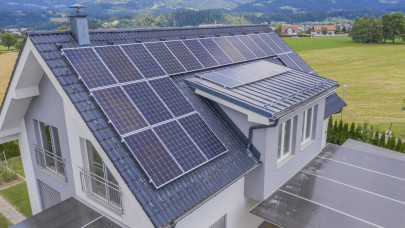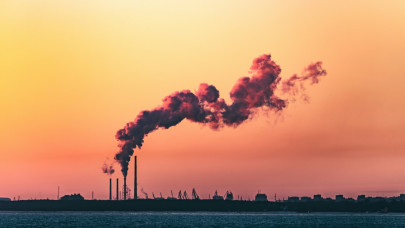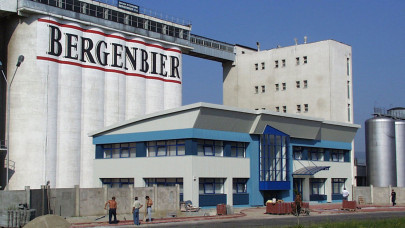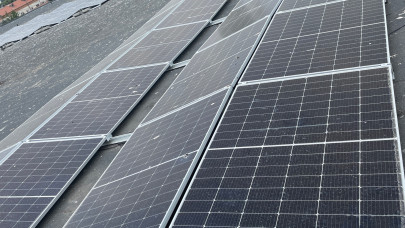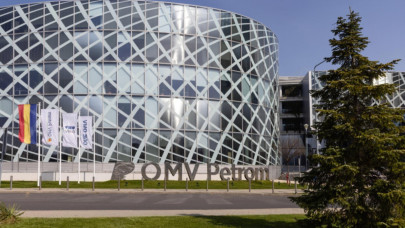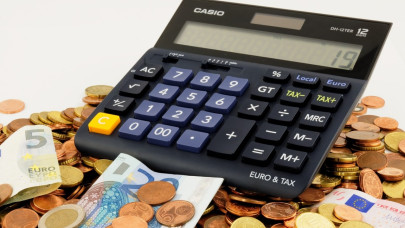The study emphasizes that clean and renewable energy is the cost-effective solution for reducing emissions and energy consumption, due to superior energy efficiency. Transport will have the most to gain in terms of efficiency, with at least a 53% reduction in energy consumption in 2050 compared to 2015.
"Decarbonisation Speedways" shows that by 2040, electricity generation capacity will need to triple, along with a tenfold expansion of renewables and a stable capacity base to supply around 4,600 TWh of final energy demand electricity by 2040. Achieving such daunting figures requires favorable policies.
"The EU has very ambitious targets for 2030. The incremental change we are already achieving this decade will determine our success in achieving any target we might set for 2040. That is why we must now focus on real progress. This means securing investor confidence, achieving maximum speed to enable power generation and grid infrastructure, sustaining competitiveness – and modernizing our networks to handle a larger and more complex energy system," said Eurelectric President and CEO E.ON, Leonhard Birnbaum, outlining the industry's commitment to climate neutrality.
Massive investments in power generation and infrastructure are essential for a successful energy transition. With well-designed policies, consumers could save €175 billion annually by avoiding fuel imports and benefit from lower energy bills. Reducing emissions and energy consumption, air quality, conserving biodiversity, and creating jobs and competitiveness would also benefit Europe and reduce costs for the economy.
"The need to act now has never been greater. Eurelectric calls on the decision-makers to adopt the necessary measures for the industry to achieve climate neutrality with ambition and realism", says Eurelectric.


